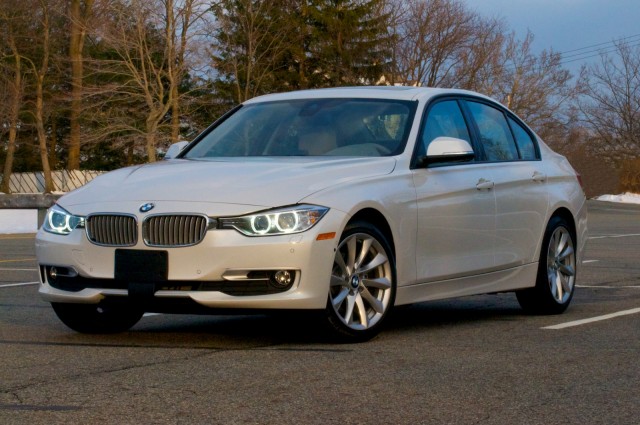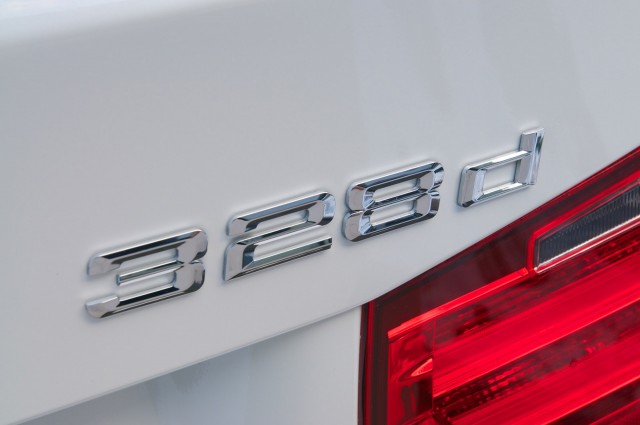Follow Bengt

2014 BMW 328d
BMW has announced an expanded recall effort over the possibility of fire in recent-model-year vehicles equipped with a diesel engine.
The issue, which now potentially affects 1.6 million vehicles worldwide, concerns an issue in which coolant (glycol) leakage from the exhaust gas recirculation (EGR) system cooler could combine with “typical soot deposits” for the diesel engines and with the EGR system’s high temperatures “might result in smoldering particles.”
DON’T MISS: For 2018, only a dozen diesel vehicles on sale in U.S.
In very rare cases, according to BMW, the situation could lead to the melting of the exhaust manifold and result in a vehicle fire—an issue first broadly reported in South Korea, of all places.
Under the technical campaign, BMW will check the EGR module and replace any faulty components.

2014 BMW 328d xDrive Sports Wagon
The effort, announced in August, originally involved 480,000 diesel vehicles in Europe and Asia, but it’s since been expanded with other country-specific campaigns. In the U.S., that effort includes approximately 44,368 diesel-engine vehicles from the 2013-2018 model years—the following models produced between September 2012 and June 2017:
- 2013-2018 BMW 328d Sedan
- 2014-2018 BMW 328d Sports Wagon
- 2014-2016 BMW 535d Sedan
- 2015 BMW 740Ld Sedan
- 2015-2017 BMW X3 xDrive28d SUV
- 2014-2017 BMW X5 xdRIVE35d SUV
CHECK OUT: BMW drops diesels in favor of plug-in hybrids
Although diesels were once seen as a ‘green’ option, if not a clean one, the view of them is quite different in 2018, in the aftermath of Volkswagen’s diesel scandal.
BMW aimed to offer four different diesel models for 2018—the X5 xDrive35d, the 328d sedan, and the 328d xDrive Sports Wagon—but found demand very low and the need to focus on plug-in hybrids and electric vehicles like the much-anticipated iX3, an all-electric version of the X3 SUV. For 2019 it’s withdrawn all of its diesel possibilities except for an upcoming version of the BMW X5 SUV.